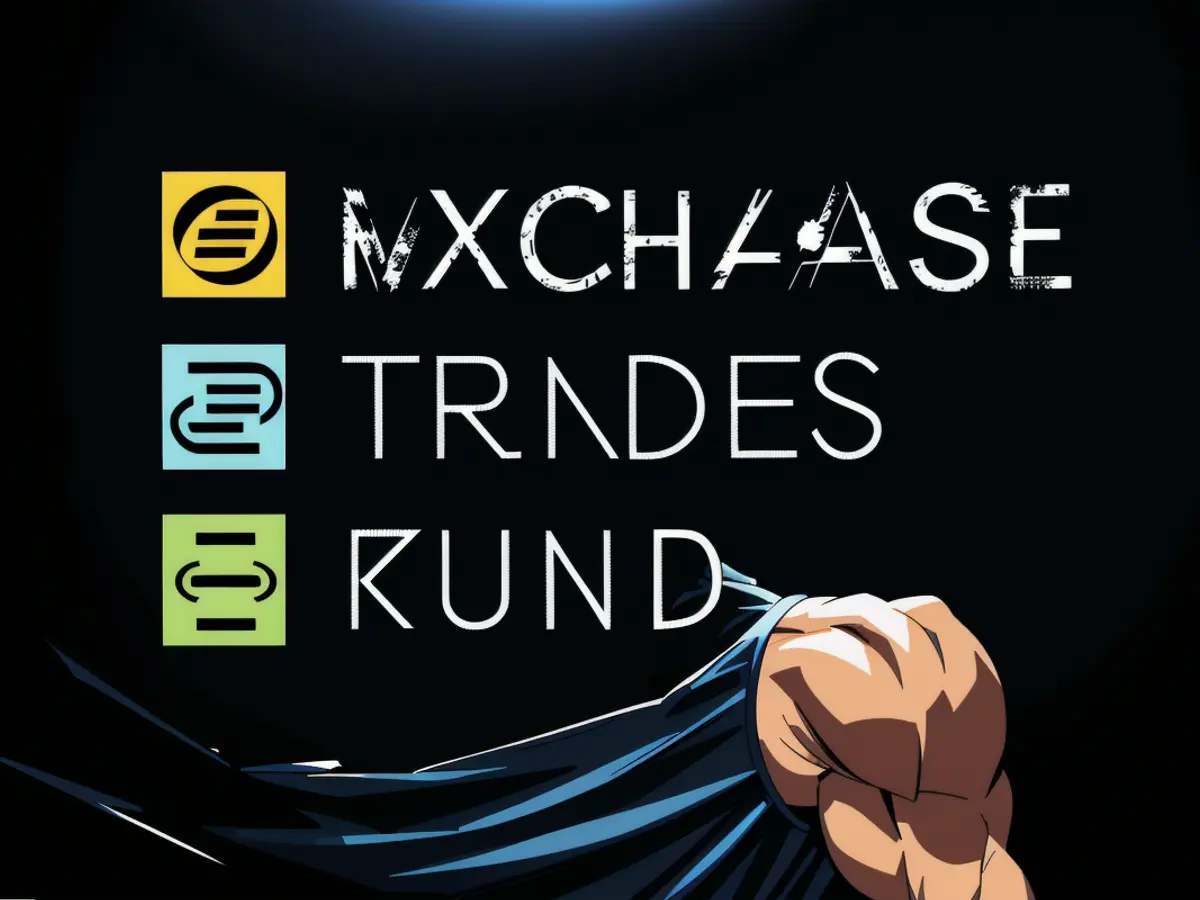Can the Vanguard S&P 500 ETF Potentially Fuel Wealth to Millionaire Levels?
The S&P 500 might just be the stock market index that garners the most attention. It's not only easy to invest in, especially with an exchange-traded fund (ETF), but it's also incredibly popular. With a whopping $472 billion in assets under management, the Vanguard S&P 500 ETF (VOO 1.07%) is the go-to choice for many investors looking to track the performance of the S&P 500. But can this ETF truly make you a millionaire?
Wagering on America's prosperity
The S&P 500 consists of 500 large, prosperous U.S.-based enterprises spanning various sectors, from tech giants like Microsoft, Nvidia, and Apple (combined making up 20% of the assets) to smaller companies such as News Corp (representing less than 0.01% of the portfolio).
Investing in this ETF essentially means you're placing a bet on the growth of the U.S. economy, an investment that historically has paid off handsomely. Since its inception in 2010, the Vanguard S&P 500 ETF has reaped an average annualized return of 14.5%. However, over the last few decades, the S&P 500 has averaged around 10% returns annually.
While active fund managers have sometimes struggled to outperform the S&P 500, they continue to charge hefty fees for their services despite their underperformance. But with the Vanguard S&P 500 ETF, the annual expense ratio of a meager 0.03% is a steal. For every $10,000 investment, just $3 goes toward yearly fees – not a large price to pay, given that investors keep more of their capital.
Should you buy now?
As of the current moment, the ETF is only 4% away from its all-time high, which it reached in mid-July. The recent bull run in the market has most likely been driven by investor belief that the Federal Reserve will successfully tame inflation without triggering a recession and by the hype surrounding artificial intelligence.
You might be wondering if it's still wise to invest your money at this point. Wouldn't delaying and waiting for a dip be the better option? Chasing market tops and bottoms is a dangerous game, and few have proven successful at it in the past. The most sensible approach is simply to invest and let time work its magic.
The Vanguard S&P 500 ETF has shown exceptional growth over the years, and there's no reason to believe it won't continue to perform well in the future. Even while recognizing that past results do not guarantee future outcomes, it's reasonable to anticipate annualized returns of 10%, despite the inevitable market volatility.
Achieving millionaire status with the ETF is contingent upon two key factors: having the patience to adopt an incredibly long-term investment horizon that stretches across decades and consistently investing using dollar-cost averaging. With this strategy, investing $10,000 today, along with $100 monthly contributions, would result in millionaire status after 40 years - provided a 10% annual return. Raising the initial investment or monthly contributions will only expedite reaching millionaire status.
Investing in the Vanguard S&P 500 ETF can be seen as an opportunity to financially benefit from America's economic growth, given its composition of successful U.S. companies. With an average annualized return of 14.5% since 2010, this ETF demonstrates significant potential for returns, albeit with the understanding that past performance does not guarantee future results.
Managing your money effectively in finance involves making informed decisions about where to invest. Investing in the Vanguard S&P 500 ETF, with its minimal annual expense ratio of 0.03%, can be a cost-effective option for tracking the S&P 500's performance, allowing you to keep more of your money while benefiting from the index's growth.





